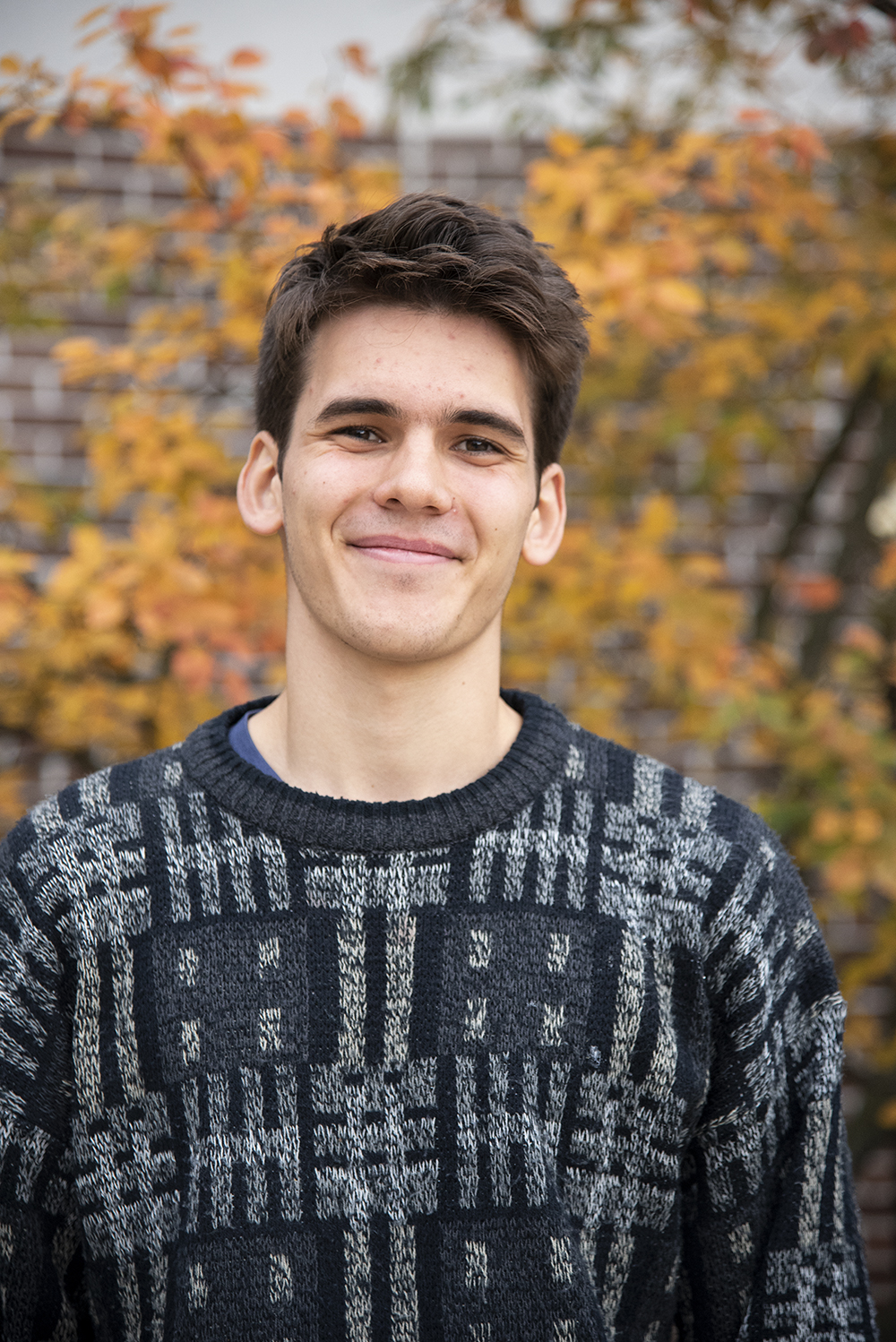The 2020s could be the most important decade in human history. A recent report from the Intergovernmental Panel on climate change found that global carbon emissions must be reduced by 45 percent before the year 2030 if we are to prevent climate change from becoming an uncontrollable positive feedback loop of global warming and catastrophic change. How did we get here?
There are many reasons why we are in this position, but one reason that has been on my mind recently is this: it’s hard to think about climate change.It’s not just scary to think about how climate change is affecting communities around the world; I mean that it’s difficult for me to actually perceive the processes that are causing the climate to change. For example, It’s hard to picture tiny molecules of carbon dioxide and other greenhouse gases physically trapping enough heat in the atmosphere to melt polar ice. It can be equally hard to conceptualize how much we contribute to the problem, as individuals and as institutions.
Not only is it difficult to perceive the physical scale of climate change, it’s hard to grasp the timescale of some of the events that came before or may come after our brief moment in history. For example, fossil fuels are really, really old (roughly 300 million years old), but we’ve burned through huge stores of them in just over two hundred years. On the other hand, the most drastic climate consequences of burning those fossil fuels may not be felt until a hundred or more years from now. The huge temporal and spatial scales that characterize climate change make it hard for those of us who live in the Midwest to see climate change happening, much less make the connections between the causes and effects.
Where does all that leaves us? In general, wet places are getting wetter, dry places are getting drier, and the poorest countries, which have contributed least to the problem, are feeling the effects most intensely. So what do we do? I don’t have any grand ideas for how to move forward, but hearing and reading the stories of women, indigenous folks and people from around the world have convinced me that we need four things right now.
We need to reframe the problem. Climate change is a systems problem that is heavily tied to other global issues including women’s rights, the military-industrial complex, racism, immigration, and poverty. Framing climate change only in terms of environmental destruction hides its true complexity and bars important avenues of action. When we express our concern for climate change we should not let that energy overshadow the importance of other efforts for justice; they are all connected.
We need to listen to the stories of people who are most affected by climate change. Personal stories are an incredibly powerful method of communication and should be given at least the same amount of respect that we give to scientific studies and reports. The people whose lives are threatened by climate change are often the people who know the most about how to adapt to it and overcome it. We must listen not only to bear witness to the hardship in which we are complicit but to learn from those who see the situation more clearly. Not sure where to start? Check out the fun podcast “Mothers of Invention” produced by a contributing writer for the New York Times and the former president of Ireland.
We need an ethic of risk. Many of us, particularly middle-class white folks like myself, find the challenge of climate change and other injustices to be so daunting that we do not even want to get involved. We want to be certain that our actions will be rewarded with hard-earned, satisfying, results. In most cases, however, the best we can do is organize and fight for change, even when we know we will not achieve widespread success. In other words, we must focus on possibilities rather than outcomes. These are the words and ideas of philosopher and theologian Sharon Welch. This ethic of risk is critical for the fight against climate change because even modest reductions in emissions will have cascading benefits for current and future generations.
We need the arts. We need writers, musicians, directors and visual artists of all kinds to help us process what’s happening and imagine the cooperation and accountability necessary for positive change. We need graphic novels mapping out a large-scale transition away from fossil fuels, theatrical works centered on the experience of climate refugees, visual depictions of the ancient, healing energy of the natural world, and more.
This list barely scratches the surface of what we need to get done, but it gives me a place to start. Let’s be crazy and get something done!



